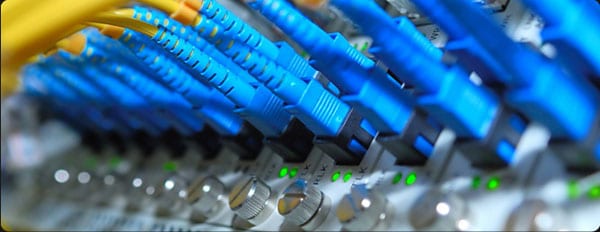This article originally appeared in the Morning Consult on December 4, 2017, and was written by Jeffrey Mazzella, President of the Center for Individual Freedom.
In an era of unprecedented congressional gridlock, the best way for the Trump administration to keep its promise to build new infrastructure and create new jobs is to find new ways to boost private sector investment.
That requires an all-hands-on-deck effort, across all departments of government – not just at the big “hard-hat” agencies like the Department of Transportation.
Fortunately, one of the most important efforts to drive private sector infrastructure growth is already under consideration at the Federal Communications Commission.
During President Obama’s second term, his FCC unwisely imposed a strict, all-encompassing “helicopter parent” regulatory framework for the internet that vastly increased the cost and complexity of virtually any new broadband project or development. That utility-style regulation, known as Title II, preposterously treats broadband internet like an old telephone monopoly, and opened the door to government supervision of prices, traffic movement, business models and more.
Apologists for Title II regulation typically argue the Obama FCC’s burdensome regulatory framework is necessary to protect so-called “net neutrality,” which refers to restrictions prohibiting the blocking or throttling of websites.
Not true.
Not only is Title II not necessary to protect net neutrality, it has had the consequence of jeopardizing private internet infrastructure investment.
Experts estimate that Obama-era Title II regulation drives down investment in broadband projects by as much as $35 billion a year. Applying economists’ rule of thumb that every $90,000 invested creates a potential job, that’s nearly 400,000 jobs lost annually due to overbearing regulation.
The fact that imposing suffocating and unnecessary regulatory oversight upon the internet sector costs American jobs should come as no surprise. After all, telecom providers routinely rank among the most active “investment heroes” pushing the U.S. economy forward – investing over $1.5 trillion in recent years to build the basic infrastructure of our internet. Although today’s overall economy allows for progressively greater outsourcing of work, telecom buildout jobs are by definition “made in America.”

